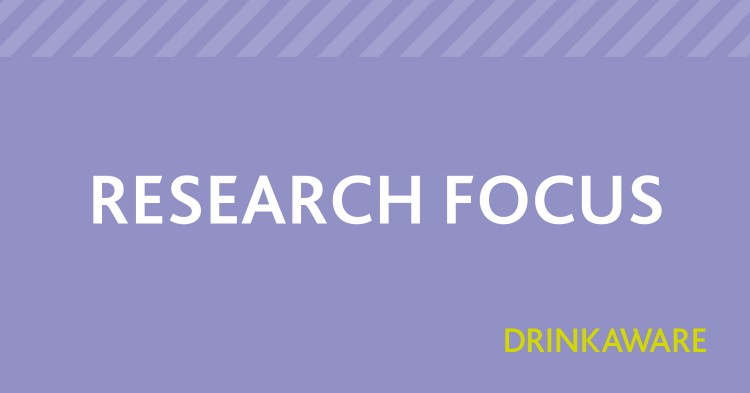In a previous blog, we discussed the motivations of why Young Adults drink within the context of Covid-19 and how prevalent alcohol use and misuse was during that time. The objective of this blog is to try and understand how and why many Young Adults used and misused alcohol during this period by providing an overview of drinking behaviour and assessing its impact on their health.
There are four primary groupings of drinking motivations examined in the Drinkaware Barometer, social, enhancement, conformity and coping. Young Adults over-represent in the motivation category of drinking alcohol to help cope. For more specific data relating to motivations see our previous blog and the Covid Barometer research papers; Barometer 2020: Families, Alcohol & Covid-19 – A detailed analysis of the drinking practices of adults in households with children during the pandemic and Barometer 2021: A year on – Irish adults’ behaviour and attitudes towards alcohol in the context of Covid-19.
While we found that young adults are drinking less often, they are drinking heavily when they do. What is noticeable is that there is an inequity in terms of young adults experiencing low mental health in 2020, with over half of this cohort (51%). This figure did decrease for 2021 to 40% but nonetheless was higher than the national average (35%) for that year. This is significant given the link between binge drinking and low-mental wellbeing.
Prominent levels of household stress/tension have been reported by young adults. In Barometer 2020, the average increase in household stress/tension was reported at 47%. For Young Adults, this figure was 66%. In Barometer 2021, the overall stress/tension levels increased by 27% but for the 18-24 cohort, the stress/tension levels increased by 37%.
This may be exacerbated due to the restrictions imposed, with many 18–24-year-olds either moving back home or remaining at home after a certain level of independence, job insecurity, loss of routine and social isolation.
The results of the 2021 Sign of the Times survey by Behaviour & Attitudes found that the Gen Z cohort (16–24-year-olds) felt that COVID-19 has had a profound impact on their lives – more than two-thirds feel this way compared to half of the total population. The same survey also noted that Covid has worsened their mental health (70%). Two of the common themes were that social connection and experiences were out of reach and the realisation that many life rituals have been entirely missed.
Loneliness and social isolation are not stereotypically associated with this age cohort on such a scale pre-COVID. A report from the Loneliness Taskforce before Covid-19 noted that young adults may be particularly susceptible to experiencing feelings of loneliness. The report also noted that loneliness has been linked to various mental and physical health outcomes. Dr Keith Swanick, the Chairperson of the Taskforce at the time noted in the report that he saw “on a daily basis, the profound medical and mental health problems that are often exacerbated by loneliness.”
In the Growing Up in Ireland: Special Covid-19 Survey, 81% of young adults aged 22 reported spending less time meeting with friends during COVID-19. This is a particularly pertinent factor, because of physical and social distancing measures, as research indicates a correlation between rising levels of loneliness and an increase in symptoms of depression.
Young adults also disproportionately represented in the CSO’s Social Impact of COVID-19 Survey February 2021: Well-being report for having the highest levels of feeling lonely ‘all/most/some of the time’ out of all age cohorts, and the lowest levels of feeling lonely ‘none of the time’.
Research focusing on the class of 2020 and the experiences of leaving cert students during COVID-19 in Ireland was carried out by Maynooth University. This study found the majority (61%) of students surveyed classed their well-being as ‘poor’. A statistically significant relationship was also identified between students’ mental well-being and their perceived calculated grades.
The relationship between alcohol and health is complex. To this complexity, there are multiple mechanisms through which drinking habits of young adults and caution is needed and the data must be viewed in context. Alcohol data is complex. This is seen notably in research conducted by Spunout that at the same time highlighted the COVID-19 crisis having negative effects on young people’s health and wellbeing but also detailed some positives to emerge from the crisis. At the same time, young adults also reported being more mindful of their physical health, self-care, as well as quality family time (especially time with pets) and a simpler/quieter life.
The use of multidisciplinary data and at times seemingly contradictory data is necessary in order to understand and explore the lived experiences of young adults and their behaviours and attitudes toward alcohol during the restrictions associated with the Covid-19 pandemic. With this, we can then enable and empower positive behaviour change.


